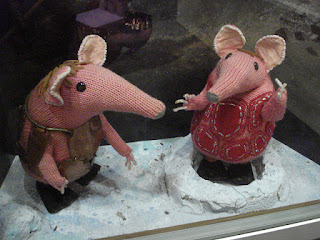The English language contains many phrases associated with time. Here are ten of them.
⌚ Sometimes, we struggle to FIND time to do things.
e.g. “It’s hard enough to find time to get to the bank without having to travel.”
⌚ As a musician or conductor, you might KEEP time.
e.g. “A good sense of internal time is a must for every musician. You need to be able to keep time accurately yourself, but also play together in larger groups.”
Timepieces (clocks and watches) and electronic devices also keep time for us.
e.g. “Harrison became obsessed with the challenge, and set about making a high-precision clock that would keep time despite changes in weather and the motion of the waves.”
⌚ If we are waiting for something, we might want to KILL time.
e.g. “He was simply killing time before his train home.
⌚ To achieve something quickly, we try not to LOSE time.
e.g. “You may lose time compared with petrol car journeys if you’re foolish or unlucky enough to leave home without a full charge, but you’ll see much more of the wide world than you would have done.”
⌚ Even when we are busy, we usually MAKE time for things that are important to us.
e.g. “No matter how busy you are, make time for your children.”
⌚ If you are not busy, you might do something to PASS the time.
e.g. “Al Taghrooda is a tradition that started among Bedouin camel riders to pass the time during their long and arduous journeys through the desert.”
⌚ Finding a faster way to do something may allow us to SAVE time.
e.g. “By getting an algorithm to do the initial work of sorting through the data, researchers save time that they can better spend following up on volcanoes of interest, Biggs says.”
⌚ We might SPEND time doing something or SPEND time with other people.
e.g. “Built in timber, wrapped in glass and held together with marine-grade stainless steel, it is a joy to spend time in.”
e.g. “The economy is taking a hit of £21 billion a year as up to 70 per cent of our van drivers take time off with long-term back pain.”
⌚ We are encouraged not to WASTE time.
e.g. “Students complained the error had distracted them and led them to waste time on a question the board later admitted was ‘unanswerable’.”
Photo credit: Paul Hudson































